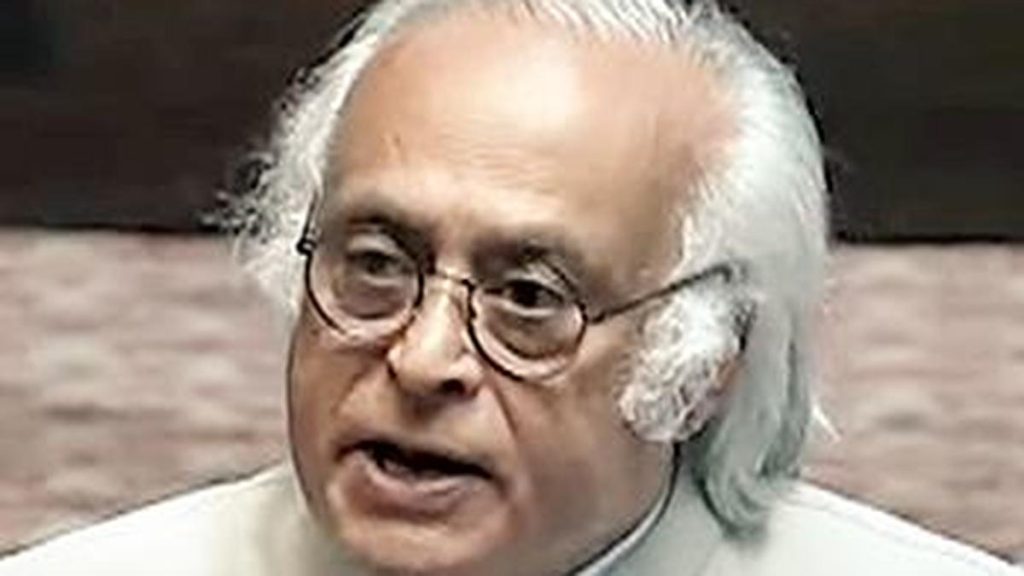Now Reading: China Investigates U.S. Semiconductors as Trade Talks Loom in Madrid
-
01
China Investigates U.S. Semiconductors as Trade Talks Loom in Madrid
China Investigates U.S. Semiconductors as Trade Talks Loom in Madrid
Speedy Summary
- China’s Actions: China launched two investigations into U.S. semiconductor imports on September 13, 2025:
– An anti-dumping probe targeting analog IC chips and gate driver IC chips, primarily exported by U.S. companies like Texas Instruments and ON Semiconductor.
– An anti-discrimination inquiry into U.S. measures curbing China’s semiconductor sector.
- U.S.-China Trade Tensions:
– The probes coincide with upcoming trade talks in Madrid between U.S. Treasury secretary Scott Bessent and Chinese Vice Premier He Lifeng.- On September 12, the U.S. added 23 Chinese companies to its “entity list,” citing national security concerns.
- Background Measures:
– The entity list sanctions include restrictions on Chinese firms allegedly aiding SMIC in acquiring chipmaking equipment.
– Past U.S. administrations (Trump and Biden) placed export controls on advanced semiconductors, citing national security concerns; China claims these moves aim at suppressing its growth in high-tech industries like AI and chip technology.
Indian Opinion Analysis
The ongoing conflict between China and the United States over semiconductors reflects intensifying strategic competition in high-tech industries that are vital to global economic dominance.India should monitor these developments closely as they can influence the broader geopolitical environment impacting international trade policies, markets for advanced technologies, and supply chain resilience.
For India’s expanding semiconductor ambitions-highlighted by recent goverment investments-such disputes underscore the importance of creating robust domestic infrastructure free from reliance on antagonistic entities or vulnerable international networks. Neutrality will be essential for India as it balances partnerships with both nations while ensuring policy decisions are guided primarily by its long-term technological self-sufficiency.
Maintaining diplomatic agility amid rising protectionism globally could also help India seize opportunities created by trade shifts during this regime of increased tariffs or restrictions involving major exporters like the United States or importers such as China.
























